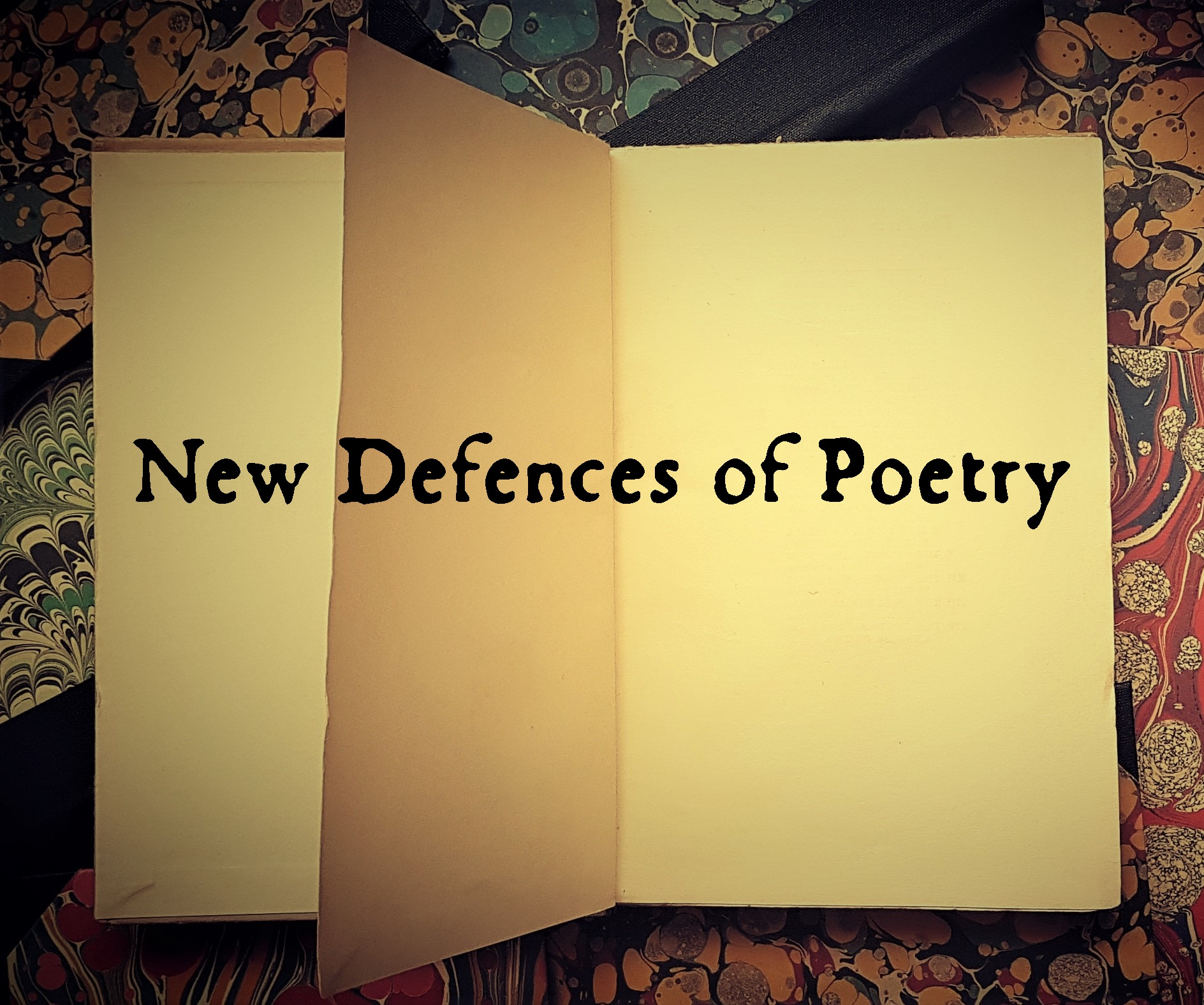Vidyan Ravinthiran
My family are Sri Lankan Tamils. They exist diasporically in the UK, Canada, Australia and the US, as a type of what, to coin a phrase, I’ll call a nested minority – a minority within a minority (within a minority). Nested minorities (let that adjective also gloss the need such people have, to build like birds their own “nest”, generating micro-cultures wherever they find themselves) are so rarely represented in even supposedly diversity-oriented media as to become, to feel, invisible from day to Western day. In the case of Tamils, these people have also no homeland, for what they faced in Sri Lanka was little less than state-mandated genocide.
I read and write poems, and write about poetry, with such things in mind. If they slip out of mind, I try to restore them, with the ‘wing-stroke of the will’ with which Vladimir Nabokov suggests we must fervently remember the faces of our dead when they begin, out of our memories, to degrade (33). As such, the utopian flourishes of literary criticism, and activist posturing on social media – and both these discourses tend to consider race, gender, class, and the rest of it, entirely in Anglo-American terms – they leave me cold. Sometimes I get impatient. Almost curmudgeonly.
But I realise that to be pre-emptively cynical can become merely a way of feeling superior – of guarding oneself. Poetry, as a way of thinking about culture, can have a political force. To me, that force doesn’t inhere in hot takes extractable from a poem (the opinions for which some either champion or “cancel” a writer). It belongs instead to a thought-process that, melodically alive within a poem, is unpredictable, and must remain so, in its, in Édouard Glissant’s phrase, ‘meanders of relation’ (21); and is finally inseparable from the verse-textures it both produces and is produced by.
If poetry can inspire us to live differently, to create new social arrangements, to treat other people better – and I do believe this – we must also recognize that, in making the case for poetry as a redemptive power, the facts of history are not on our side. Nor is it indisputable to me that lyrics written, say, by Tamil poets (and other minoritized peoples) as an act of witness, necessarily occur on the same plane as poems brought to workshops or published in the UK and US. I don’t think, that is, that simply by sitting down to write a poem, one begins to act historically. That is a special condition which for some emerges out of their lived experiences, and for others – I’m one of you – has to be consciously striven toward.
I deeply admire Percy Bysshe Shelley’s Defence of Poetry. But for him, “poetry” comes near to being defined as every kind of inspired writing, or even pre-linguistic and post-linguistic thought. Inspiration was everything to him. So Plato, who’d chuck poets out of his ideal republic, is, to Shelley, also a poet – in prose.
My defence of poetry, while it includes a range of experimental writing in verse and prose and in exploded structures resembling neither, sticks closer to linguistic form. I would defend poetry defined as a type of both shaped and heightened language that goes beyond, in its range of connotation, what is strictly necessary. As long as we remain linguistic animals (until that is, we evolve giant alien heads, as in sci-fi, and communicate telepathically!) there will always be a place for, and a politics to, special kinds of language that transpose the usual ways of speaking and writing into a performative dimension. What we really need now – and I’ll keep this short, ending because I myself don’t have the answer – is a vocabulary with which to discuss, without attitudinizing, one-upmanship, or an unnecessary, in fact self-serving guilt, the ways in which poetry challenges and pleasures us as global citizens. How it both extends us, shattering our ideas of ourselves, and also confirms in us the gauchest, most nervous promptings from within, about how each of us wishes to live, promptings otherwise contradicted by social forces with their own agendas.
Works Cited
Glissant, Édouard. Poetics of Relation. Translated by Betsy Wing. University of Michigan Press, 1997.
Nabokov, Vladimir. Speak, Memory. Putnam, 1966.
Born in Leeds to Sri Lankan Tamils, Vidyan Ravinthiran now teaches at Harvard. He is the author of two books of poetry – The Million-Petalled Flower of Being Here received a Northern Writers Award and a PBS Recommendation, and was shortlisted for both the Forward and T.S. Eliot Prizes – and an award-winning study of Elizabeth Bishop.
